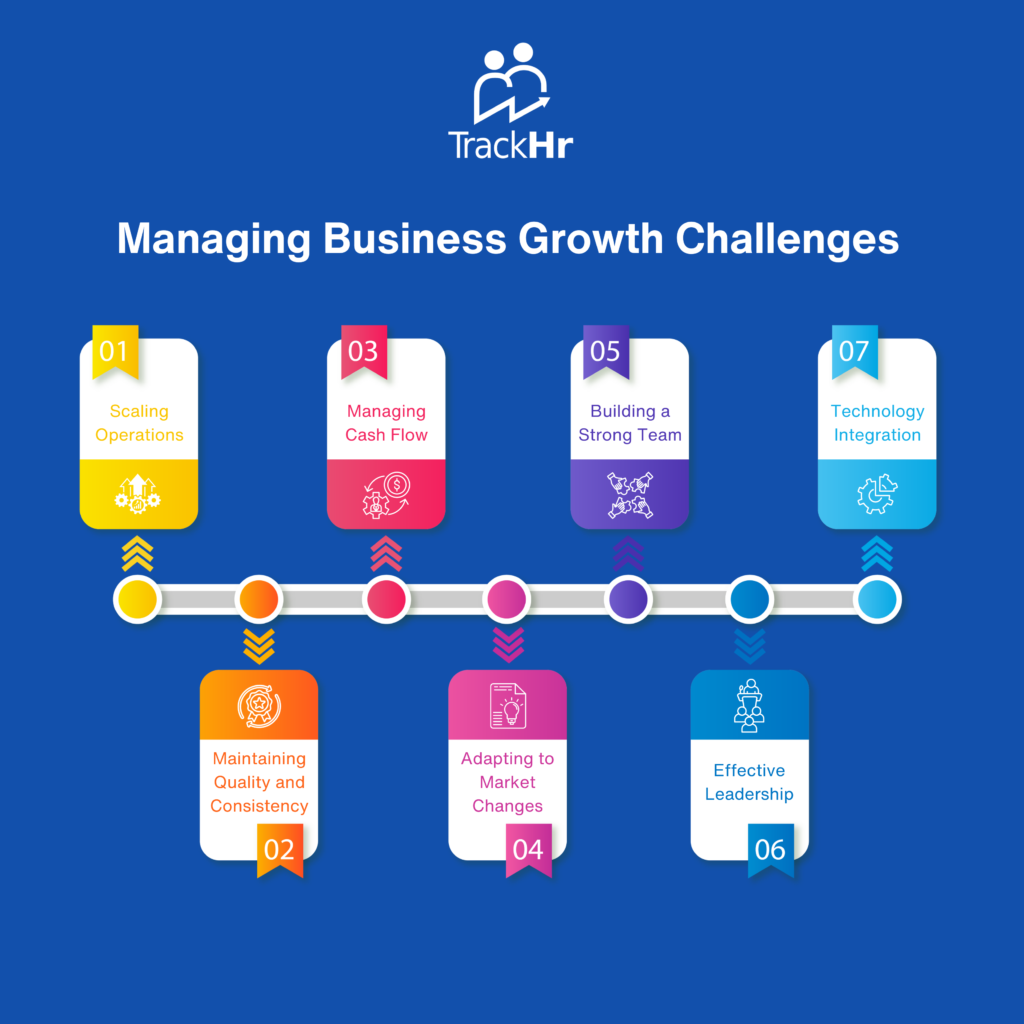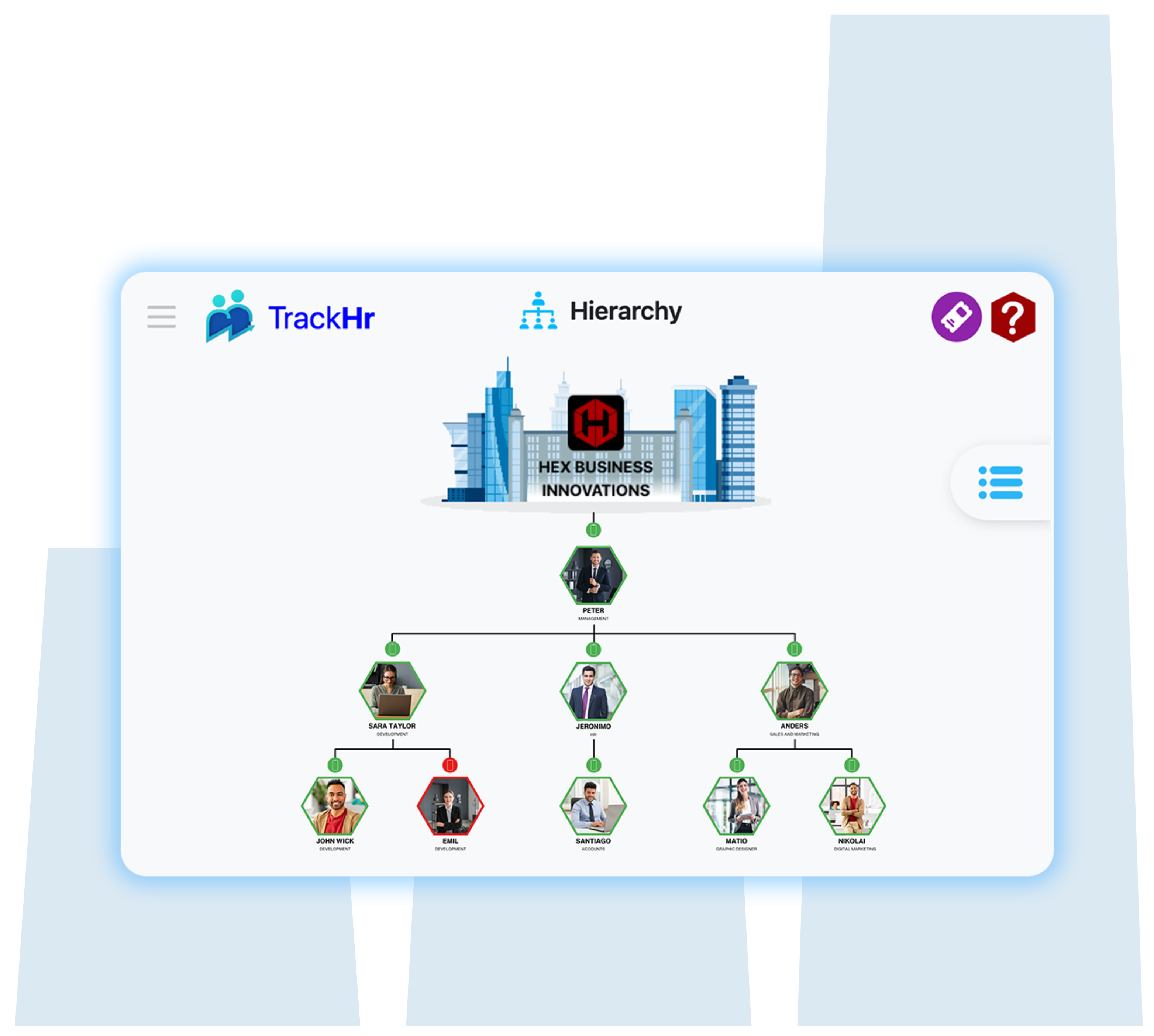Tuesday, 06 Aug 2024
Managing Business Growth Challenges
Growth is often seen as the ultimate goal for any business. However, with growth comes a new set of challenges that can make or break a company. Managing these challenges effectively is crucial for sustaining and capitalizing on business growth. Here’s how you can navigate the complexities of managing business growth.

1. Scaling Operations
As your business grows, scaling operations can be one of the most significant challenges. What worked for a small team might not be efficient for a larger organization. To manage this:
- Automate Processes: Leverage technology to automate repetitive tasks. This not only saves time but also reduces the margin for error.
- Invest in Infrastructure: Ensure your IT infrastructure can support increased workloads. Cloud solutions can provide scalability without heavy upfront costs.
- Outsource Strategically: Consider outsourcing non-core functions to focus on what you do best.
2. Maintaining Quality and Consistency
Growth often puts pressure on maintaining the quality and consistency of your products or services. To keep standards high:
- Implement Standard Operating Procedures (SOPs): SOPs ensure everyone follows the same process, maintaining quality across the board.
- Continuous Training: Regular training sessions help your team stay updated with the best practices and new technologies.
- Customer Feedback: Actively seek and act on customer feedback to identify areas of improvement.
3. Managing Cash Flow
Cash flow management becomes increasingly complex as your business grows. Here’s how to keep your finances in check:
- Forecasting: Use financial forecasting to anticipate cash flow needs and prepare for potential shortfalls.
- Expense Management: Monitor expenses closely and identify areas where costs can be reduced.
- Diverse Revenue Streams: Develop multiple revenue streams to ensure steady income and reduce dependence on a single source.
4. Adapting to Market Changes
Growing businesses must be agile to adapt to market changes and evolving customer needs. To stay ahead:
- Market Research: Regularly conduct market research to stay informed about industry trends and customer preferences.
- Flexibility: Be willing to pivot your business model or strategy based on market insights.
- Innovation: Foster a culture of innovation where new ideas are encouraged and explored.
5. Building a Strong Team
Your team is your most valuable asset. As your business grows, it’s essential to build and maintain a strong team:
- Hire Smart: Focus on hiring individuals who align with your company’s values and culture.
- Employee Development: Invest in the development of your employees through training and career advancement opportunities.
- Positive Culture: Cultivate a positive work environment that motivates and retains top talent.
6. Effective Leadership
Effective leadership is critical in managing business growth. Leaders must be able to inspire and guide their teams through change:
- Clear Vision: Communicate a clear vision and direction for the company’s future.
- Decision-Making: Make informed and timely decisions to keep the business moving forward.
- Empowerment: Empower your team by delegating responsibilities and trusting them to execute their roles.
7. Technology Integration
Integrating the right technology can streamline operations and support growth:
- CRM Systems: Customer Relationship Management (CRM) systems can help manage customer interactions and data.
- Performance Management Tools: Tools like TrackHr can enhance work management and performance tracking, ensuring your team stays productive and aligned with business goals.
- Data Analytics: Use data analytics to gain insights into business performance and identify growth opportunities.
Conclusion
Managing business growth challenges requires a strategic approach and a willingness to adapt. By focusing on scaling operations, maintaining quality, managing cash flow, adapting to market changes, building a strong team, effective leadership, and integrating technology, you can navigate the complexities of growth and position your business for long-term success. Remember, growth is not just about expanding; it’s about evolving and improving continuously.



